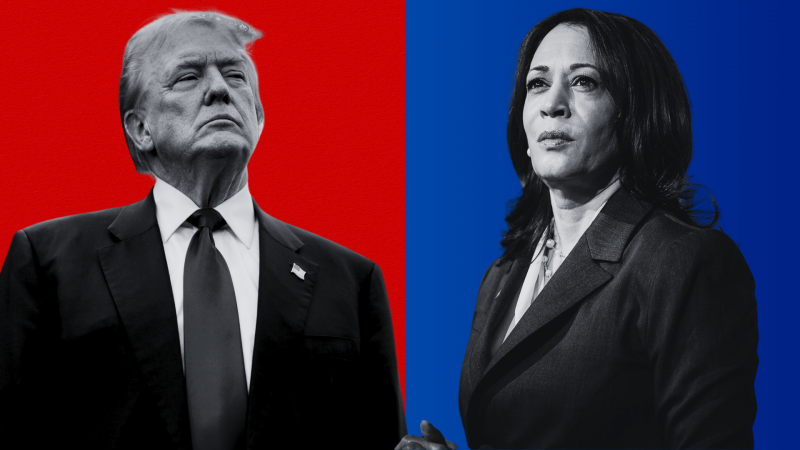
One week before the presidential elections in the United States, polls anticipate a very tight race between Donald Trump and Kamala Harris, with a slight advantage for the Republican candidate. Stock market investors are beginning to adjust positions in anticipation of possible outcomes.
According to PPI, Trump's protectionist measures could boost the industrial sector, represented by the Dow Jones. On the other hand, large technology companies, which have greater liquidity, may not be affected as aggressively by increases in financing costs.
According to IOL, Trump's protectionism would favor national industry companies like Caterpillar ("CAT"), and his banking deregulation policies and favorable position towards cryptocurrencies could benefit stocks like JP Morgan ("JPM") and the Bitcoin ETF ("IBIT").
On the other hand, Kamala Harris is expected to maintain Biden's policies regarding strengthening investment in technology and semiconductors. According to analysts from IOL, companies like Micron Technology ("MU") could benefit from this.
Inviu's research team highlights energy as a fundamental political priority for both administrations, with a bipartisan focus on reforming permits for the construction of energy infrastructure. With Harris, a continuation of current energy policies with an emphasis on renewable energies is expected.
Inviu forecasts a widespread boost to the energy sector with Trump as president, which would benefit assets like the Energy Select Sector SPDR Fund ("XLE"), representing energy companies in the S&P 500.
Market operators are considering concerns about government debt and the impact of a trade war with China on global supply chains. Increases in Treasury bond yields could dampen momentum for small companies, especially if they are highly leveraged.
Warning of possible volatility, safe-haven assets like gold, available in the stock market through the ETF "GLD," could gain importance in a scenario where either party wins in the Executive and Legislative branches.














